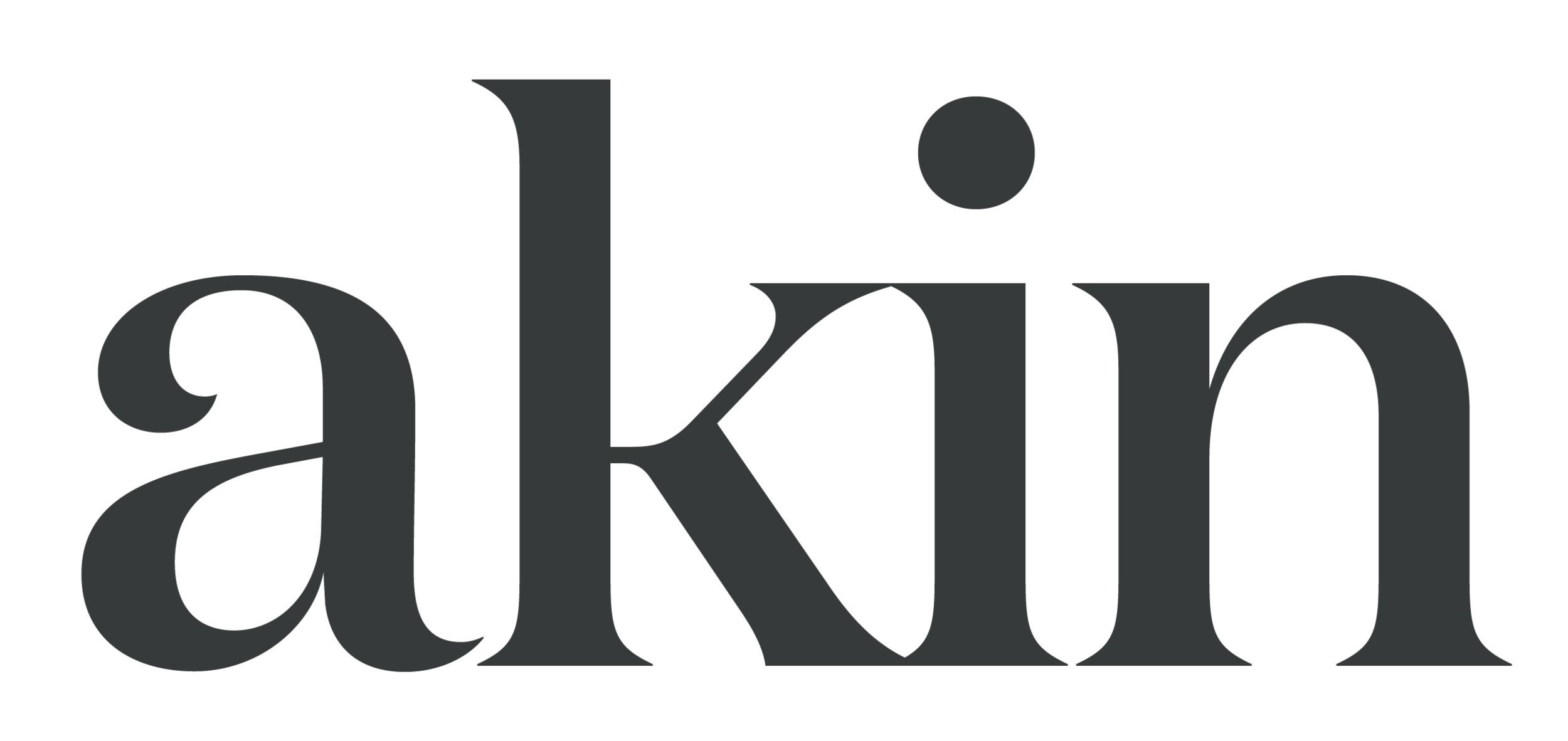Champagne, Chocolate Cake and Postpartum Depression
Sydney McCall Patel, LMFT, postpartum depression and anxiety specialist
Champagne and chocolate cake were what sold us on our midwife. An orgasmic birth ending with a birthday celebration sounded like a dream of what birth should be. The books we read encouraged us to not call them “contractions”, call them “waves”. We refused to use the word “labor” because it is the connotations of the language surrounding birth that makes it hard, or so we let ourselves believe.
Then the baby came and the cake stayed in the fridge for two weeks until we moved it to the freezer. I wasn’t sure what had just happened, but during all that pain and screaming, it seemed like the gates to the underworld had opened and our child barely made it through. I felt a repeated “pop” during pushing that was painful, to say the least, and stumped the midwife. When you search “felt pop during birth”, the answer is, “It’s your tailbone”. My tailbone had to break for my boy to enter this world.
Our son was born in our bedroom in the early hours of the morning after a cold front had rolled in. The typical Northern Californian thick summer coastal fog enveloped our new little family, and yet in the obscurity of the haze we were so accustomed to, nothing felt familiar. Like our child, our surrounding landscape was now suddenly delicate, almost alien. We called him “little wizard” as his arrival jolted us into another realm where the architecture of our existence became unrecognizable.
The broken tailbone made sitting in any capacity excruciating and walking a trial. Instantaneously, my husband had two of us to care for, which caused both stress and overwhelm for us on a daily basis. The piles of dishes haunt the corners of my nightmares. Parenthood was immediately sobering and far from our expectation. Six months of thoroughly invasive physical therapy followed.
The difficulties of birth and recovery are often more than anyone expects, and then on top of it, we have the demands of caring for a newborn. So what happens once the baby is born with all its urgent needs and we are exhausted, desperately needing to heal — in truth, newborns ourselves?
Finding our way can be seriously challenging as we are removed from our natural environment: a village where women dote over us as we recover. In contemporary culture, without such support woven into our lives, it isn’t always clear how we recoup.
In the drop-in postpartum depression support group I facilitate in Marin County, where one in every five mothers suffers from PPD/Anxiety, I have witnessed moms who are at the point of walking away from their families. They are in so much pain they believe leaving is genuinely what is best for everyone. When they express this to the group, and find their experience mirrored in other women, a graceful alchemy transmutes the pain into a tenderness now held by the circle. What was a nightmare experienced alone in the dark, is now a challenge that can be faced in solidarity and in the light. When they hear from a mom who is in a similar position, they discover a way to support one another by recognizing each other’s strength. When this happens, it is as though a village has entered the room.
Such authentic relationship can heal our psyches and allow us to feel into how we are part of something deeply human, strenuous and distinctly remarkable. With this awareness and honest connection we can welcome each other into the circle of motherhood. And maybe then, after some healing, it’s time for a little champagne and chocolate cake.







Whether you can/decide to breastfeed/formula feed/do a mix of both - it’s most important that your baby eats. This is your decision. Try not to internalize all the noise.